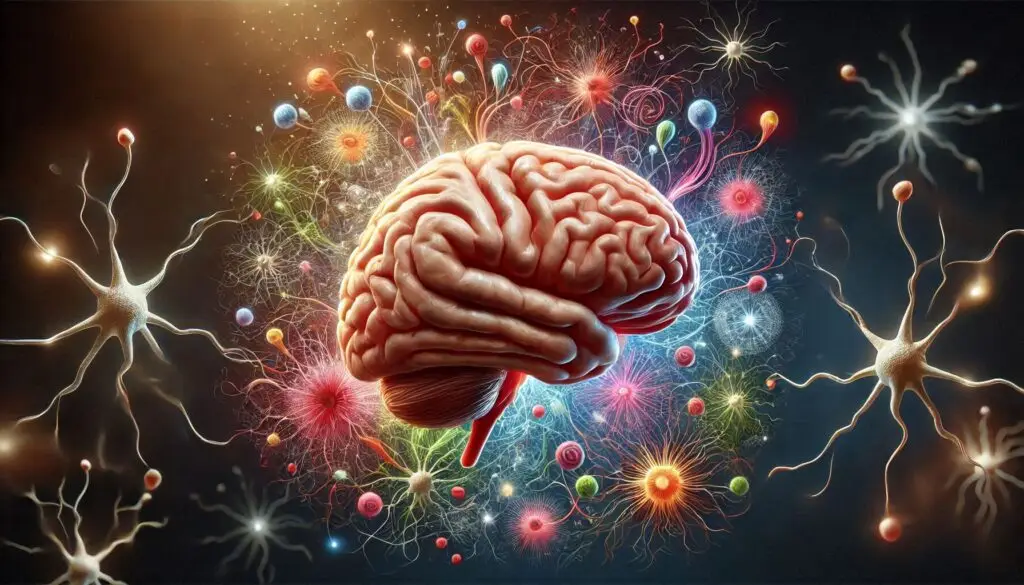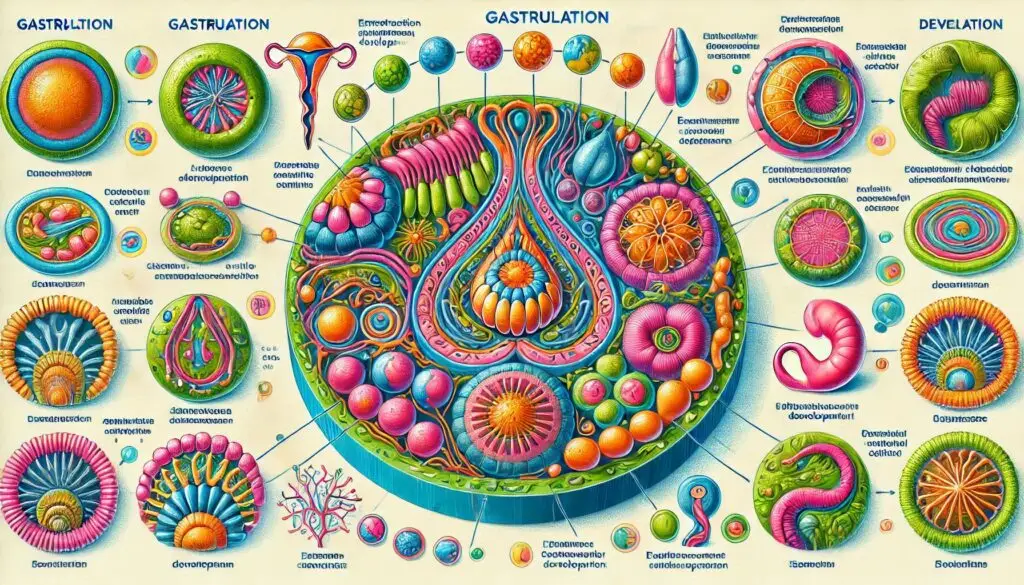The Nutritional Value of Eggs Explained

Eggs are a staple in many diets worldwide. They are not just versatile; they are also packed with nutrients. In this article, we will explore the structure, composition, and nutritional value of eggs. We will also discuss their health benefits and how to incorporate them into your diet.
1. The Structure of Eggs
Understanding the structure of an egg is crucial to appreciating its nutritional benefits. An egg consists of several key parts:
1.1 The Shell
The shell is the outermost layer of the egg. It makes up about 10% of the egg’s weight. The shell is primarily composed of calcium carbonate, which provides strength and protection. It acts as a barrier against bacteria and other contaminants. The shell also contains tiny pores that allow gases to pass through, which is essential for the developing embryo in fertilized eggs.
1.2 The Albumen (Egg White)
The albumen, or egg white, constitutes about 60% of the egg. It is primarily made of water (about 90%) and proteins (about 10%). The albumen serves several purposes:
- Protection: It cushions the yolk and protects it from damage.
- Nutrition: It provides additional water for the developing embryo.
- Protein Source: The albumen contains high-quality protein, making it an excellent food choice for muscle repair and growth.
1.3 The Yolk
The yolk makes up about 30% of the egg’s weight. It is rich in nutrients and provides most of the egg’s calories and fats. The yolk contains:
- Fats: Healthy fats, including omega-3 fatty acids.
- Vitamins: All fat-soluble vitamins (A, D, E, K) and several B vitamins.
- Minerals: Essential minerals like iron, phosphorus, and selenium.
The yolk is often considered the most nutritious part of the egg, offering a concentrated source of energy and nutrients.
2. Composition of Eggs
Eggs are nutrient-dense foods. They provide a wide range of essential nutrients that support overall health. Let’s break down the key components:
2.1 Protein
Eggs are an excellent source of high-quality protein. A medium-sized boiled egg contains about 6.29 grams of protein. This protein is complete, meaning it contains all nine essential amino acids. These amino acids are crucial for various bodily functions, including muscle repair, immune function, and hormone production.
2.2 Fats
The total fat content in an average large egg is about 5.3 grams. Most of the fat is found in the yolk. Here’s the breakdown:
- Saturated Fats: About 1.6 grams.
- Monounsaturated Fats: Around 2.0 grams.
- Polyunsaturated Fats: Approximately 0.7 grams.
- Cholesterol: Eggs contain about 186 mg of cholesterol.
While eggs contain cholesterol, recent studies suggest that dietary cholesterol has a minimal impact on blood cholesterol levels for most people.
2.3 Vitamins
Eggs are rich in various vitamins, making them a valuable addition to your diet. They contain:
- Vitamin A: Important for vision and immune function.
- Vitamin D: Supports bone health and immune function.
- B Vitamins: Including B12 (essential for nerve function) and riboflavin (important for energy production).
2.4 Minerals
Eggs provide several essential minerals, including:
- Iron: Crucial for oxygen transport in the blood.
- Phosphorus: Important for bone health and energy production.
- Selenium: Acts as an antioxidant, protecting cells from damage.
2.5 Caloric Content
A large egg typically contains about 70-80 calories. The yolk contributes to most of this energy. Eggs are nutrient-dense, meaning they provide a lot of nutrients for relatively few calories.
3. Health Benefits of Eggs
Eggs offer numerous health benefits, making them a valuable part of a balanced diet. Here are some of the key advantages:
3.1 Supports Muscle Health
The high-quality protein in eggs supports muscle repair and growth. This makes them an excellent food choice for athletes and those looking to maintain muscle mass.
3.2 Aids Weight Management
Eggs can help with weight management. They are filling and can reduce hunger. Including eggs in your breakfast may help you consume fewer calories throughout the day.
3.3 Promotes Eye Health
Eggs contain lutein and zeaxanthin, antioxidants that are beneficial for eye health. These compounds can help reduce the risk of cataracts and macular degeneration.
3.4 Supports Brain Function
The choline found in eggs is vital for brain health. Choline is essential for memory and cognitive function. It also plays a role in the production of neurotransmitters.
3.5 Boosts Immune Function
The vitamins and minerals in eggs, particularly vitamin D and selenium, support a healthy immune system. A strong immune system helps the body fight off infections and diseases.
4. How to Incorporate Eggs into Your Diet
Eggs are incredibly versatile and can be prepared in various ways. Here are some simple ideas to include eggs in your meals:
4.1 Breakfast Options
- Scrambled Eggs: Quick and easy to make. Add vegetables for extra nutrition.
- Omelets: Customize with your favorite ingredients like cheese, spinach, or mushrooms.
- Boiled Eggs: Perfect for a quick breakfast or snack.
4.2 Lunch and Dinner Ideas
- Egg Salad: Mix boiled eggs with mayonnaise, mustard, and herbs for a tasty salad.
- Quiche: A savory pie filled with eggs, cheese, and vegetables.
- Fried Rice: Add scrambled eggs to your fried rice for extra protein.
4.3 Snacks and Treats
- Deviled Eggs: A classic appetizer that’s easy to make.
- Baked Goods: Use eggs in muffins, cakes, and pancakes for added moisture and structure.
5. Considerations and Tips
While eggs are nutritious, it’s essential to consider a few factors:
5.1 Allergies
Some people may have an egg allergy. If you experience symptoms like hives or digestive issues after eating eggs, consult a healthcare professional.
5.2 Cooking Methods
The way you cook eggs can affect their nutritional value. Boiling or poaching eggs preserves their nutrients better than frying them in oil or butter.
5.3 Storage
Store eggs in the refrigerator to maintain freshness. They can last several weeks when kept properly.
6. Conclusion
Eggs are a nutritional powerhouse, offering a wealth of benefits. Their unique structure and composition make them a versatile food that can enhance your diet. Incorporating eggs into your meals can support muscle health, aid in weight management, and promote overall well-being.
For more pearls of Vets Wisdom:
https://wiseias.com/partitioning-of-food-energy-within-animals/






Responses